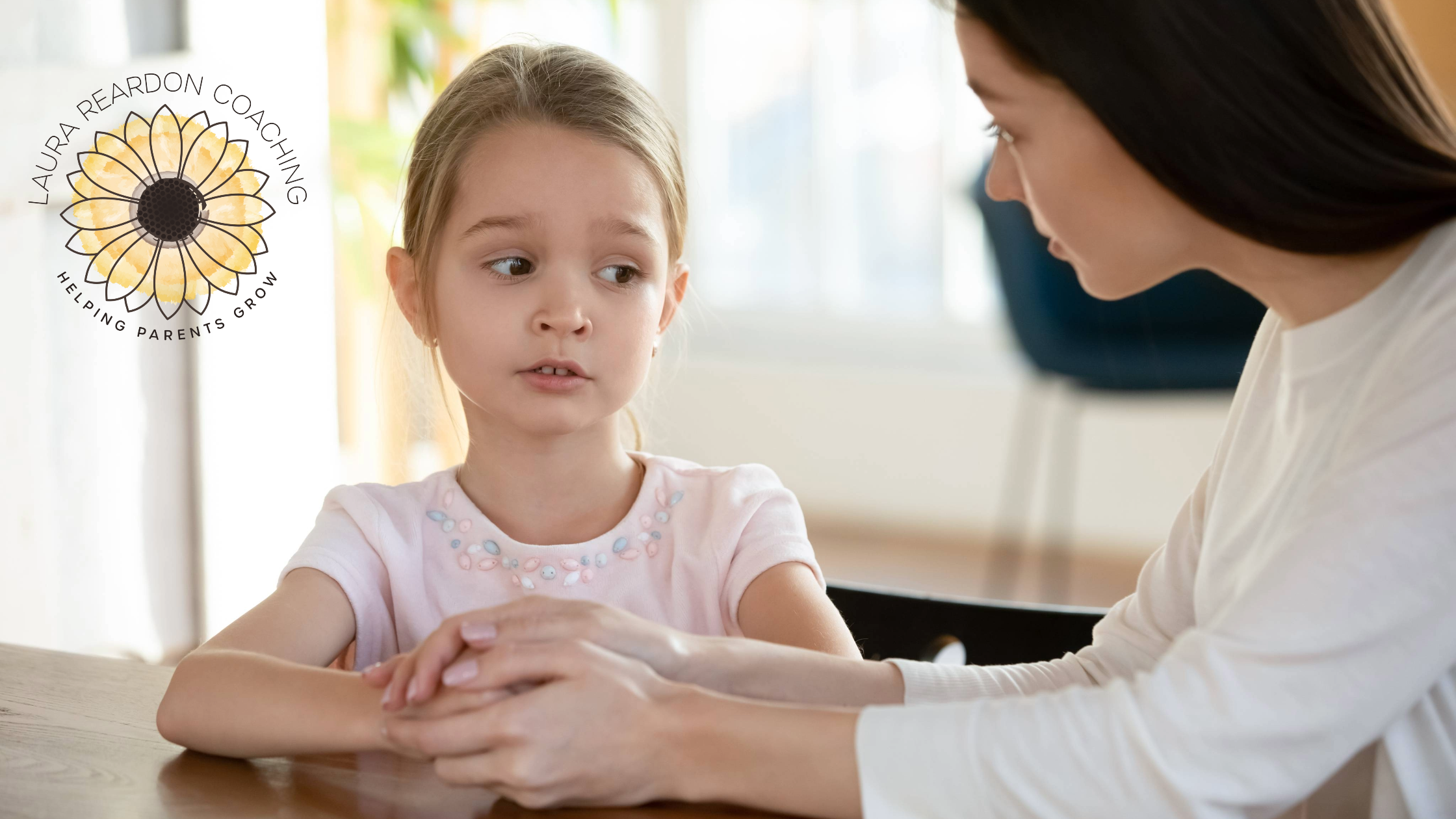How We Can Support Our Children
When bad things happen in our world
We can help our child process what is happening in a healthy way that strengthens them rather than makes them more fragile.
We do this by encouraging them to tell their stories:
- using the logical side of their brain to talk about the facts
- using the emotional side of their brain to acknowledge their feelings
- and then identifying healthy coping skills to help them tolerate the facts and feelings
Facts:
We can ask our child what they’re hearing from their friends and seeing on their screens and then we can just listen allowing them the opportunity to feel heard.
After listening, we can thank them for telling us.
If necessary, we can replace inaccurate information with accurate information. For older kids who have their own phones, we can use it as an opportunity to discuss the topic of reliable sources and how inaccurate information and sensational photos and videos can often be found on social media.
We can ask if they have any questions. If they do, we can provide them with age-appropriate answers while being aware not to provide more information than they’ve asked for because they may not be ready for it. If we don’t know the answer that’s ok…we can learn together. If your child doesn’t have any questions, that’s ok too.
We can keep an open dialogue going allowing them to re-tell their story and share new ones.
Feelings:
We can encourage our child to put how they’re feeling into words because the more they can do this, the less likely it is their feelings will show up as challenging behavior or as physical symptoms of stress.
We can acknowledge their feelings with an attitude of acceptance and validation “I hear you. It makes sense you feel that way”. Whereas when we avoid the topic of feelings, we communicate the message that we can’t handle their feelings and we don’t think they can handle their feelings which creates emotional fragility rather than strength.
Healthy Coping Skills:
We can create an environment focused on healthy coping skills.
- Limit or eliminate news: Depending on their age, we don’t need to hide what’s happening in the world from our kids but even when news comes from a reliable resource, we can feel bombarded with overwhelming information and images. We can turn off the news. And for kids with phones, consider changing the settings to limit exposure.
- Restore Normalcy: Focus on upholding familiar routines to create a sense that things are the same at home, even while the outside world is changing.
- Connection: No matter their age it’s important to spend time together 1:1 and as a family doing things that create connection through everyday moments like talking, hugging, being playful, reading, watching a show, playing a game, or sharing a meal together.
- Movement and Relaxation: We can create opportunities for our kids to move and to do activities that create relaxation because research tells us that when we change our physical state through movement or relaxation, we change our emotional state.
- Become a Helper: Help your child consider a simple way to become a helper even if it’s as simple as offering an act of kindness to someone in their own community.
- Worry Thoughts: Acknowledge worry thoughts with an attitude of acceptance and then encourage your child to consider a new thought such as “The whole world is working together to help.” When we change our thoughts, we can change our feelings and our actions.
- Present Moment Gratitude: Create opportunities as a family to reflect on what is happening in our world that is good.




